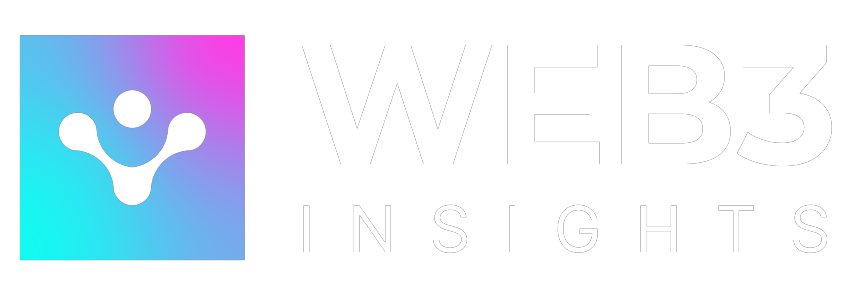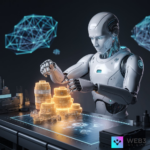The world of Web3 is brimming with innovations, and the distinction between AI agents and bots can sometimes get blurry. While they may seem similar, these tools operate on vastly different principles and offer unique benefits. To fully understand their impact, let’s dive deeper into their roles and what sets them apart.
What Are Bots?
Bots are software programs designed to automate specific tasks, usually following rigid, pre-defined rules. These rules dictate what a bot should do, when to act, and how to execute its tasks.
In Web3, bots are commonly deployed for actions like trading, minting NFTs, or voting in DAOs. They thrive on repetitive, well-structured tasks that require speed and consistency but not much flexibility or learning.
Bots operate through simple “if-then” logic. For example, a trading bot might execute a sell order if the token price hits a set threshold. While this makes them efficient at what they do, their rigidity means they cannot adjust to changing environments without manual intervention.
The strength of bots lies in their simplicity and speed. They can process repetitive actions faster than humans, making them cost-effective and reliable for straightforward tasks. However, this same simplicity becomes their greatest limitation. Bots cannot learn or adapt and struggle when faced with unexpected changes in market conditions or blockchain protocols.
What Makes AI Agents Different?
AI agents take automation to the next level. Unlike bots, which rely on fixed rules, they are built with machine learning capabilities, enabling them to analyze data, learn from it, and make decisions based on their findings.
For instance, an AI agent in a trading scenario doesn’t just act on static rules; it analyzes market sentiment, historical price movements, and other factors to make informed decisions.
Imagine an AI agent assisting in NFT investments. Instead of simply scanning for NFTs under a certain price, it can evaluate market trends, assess the rarity of items, and even predict future demand based on social media sentiment. This kind of sophistication allows AI agents to provide smarter, more strategic insights than traditional bots. Their adaptability is crucial in Web3, where rapid changes are the norm. A well-designed AI agent can adjust to new protocols, integrate with decentralized systems, and even predict future trends based on its learning.
Comparing Capabilities: Bots vs. AI Agents
1. Learning and Decision-Making
The most striking difference between bots and AI agents is their capacity to learn. Bots are static; they only execute what they’ve been told. AI agents, however, are dynamic, learning from data and past experiences to improve their performance over time.
2. Interaction and Complexity
Bots are limited to executing tasks in a predictable, straightforward manner. They are tools for automation but lack true understanding. In contrast, AI agents can process contextual information, make complex decisions, and even engage in tasks that require human-like reasoning.
3. Scalability and Adaptation
While bots are easy to replicate for scaling purposes, they require manual updates when changes occur. AI agents, on the other hand, scale through intelligence. They can handle more intricate tasks as they “learn” to optimize their processes, making them more efficient in dynamic environments.
Why AI Agents Are Shaping the Future of Web3
The advantages of AI agents in Web3 go far beyond basic automation. Their ability to combine blockchain transparency with intelligent decision-making positions them as key players in the decentralized economy. They can enhance user experiences, optimize financial strategies, and even safeguard ecosystems from malicious activity.
For instance, an AI agent monitoring a DAO can analyze voting patterns and detect anomalies that might indicate fraud. Similarly, in gaming, AI agents can create personalized experiences by adjusting challenges or rewards based on a player’s behavior. These examples illustrate how AI agents aren’t just tools, they’re transformative partners in building a more intelligent Web3.
Conclusion
While bots and AI agents share the goal of automation, their underlying capabilities set them apart. Bots are efficient and straightforward, making them suitable for repetitive tasks. AI agents, however, bring a level of sophistication that allows them to learn, adapt, and excel in the complex, fast-paced world of Web3. As the ecosystem grows, they are poised to become indispensable tools, driving innovation and intelligence across the decentralized landscape.








